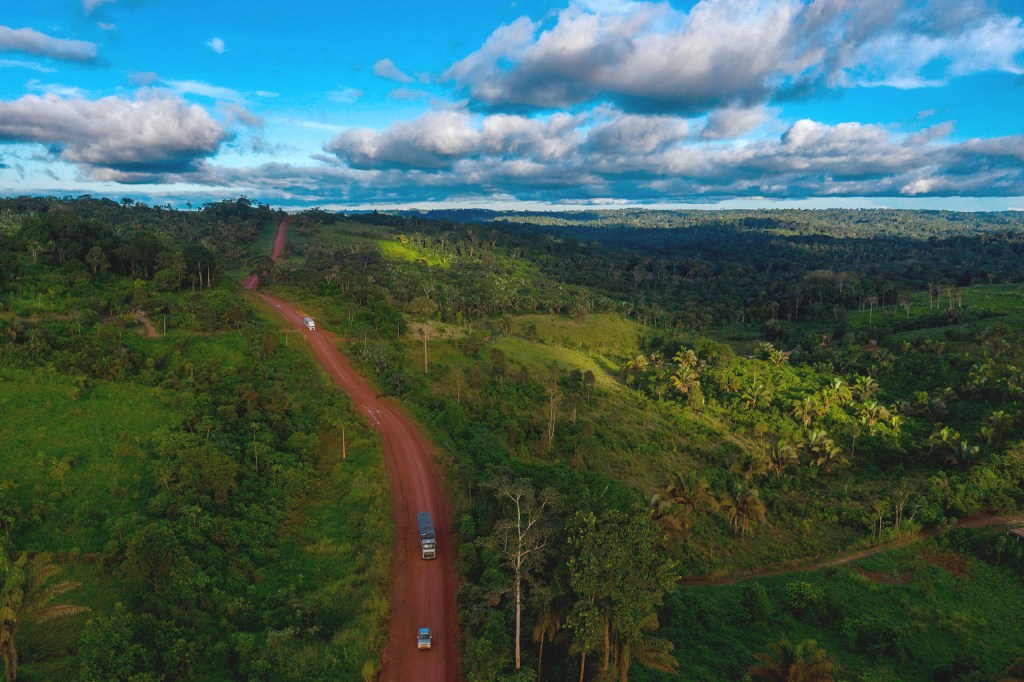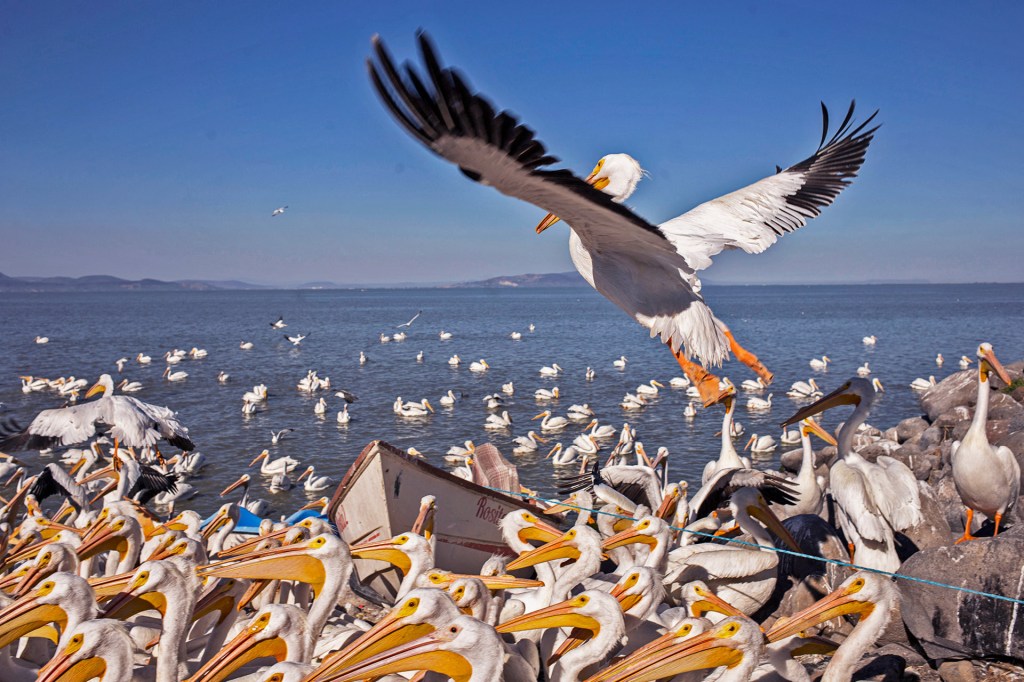The Future of Food?

Climate change could soon drastically reduce the world’s food supply. That’s according to a report released Thursday by the United Nations. The report was created by a group of more than a hundred experts from 52 countries.
Climate change has made drought, floods, and forest fires more common. It has transformed fertile land into desert. It has also contributed to species loss.
According to the U.N. report, all these things will affect the food supply. They’ll make it more difficult to produce food. “The threat of climate change affecting people’s food on their dinner table is increasing,” says Cynthia Rosenzweig. Rosenzweig is a NASA climate scientist. She’s one of the report’s authors.
Climate change has already caused the price of food to rise. And it has made some foods less nutritious. But Rosenzweig says there’s still hope. “There are a lot of actions that we can take now,” she says.
The report urges consumers to reduce food waste. As much as 30% of the food produced worldwide is wasted.
The report also urges consumers to eat less meat and more vegetables, seeds, and fruit. Producing those foods creates fewer of the harmful emissions that contribute to climate change.
“We don’t want a message of despair,” says Jim Skea. Skea’s a U.N. science panel official. He’s also a professor at Imperial College London. “We want to get across the message that every action makes a difference.”












